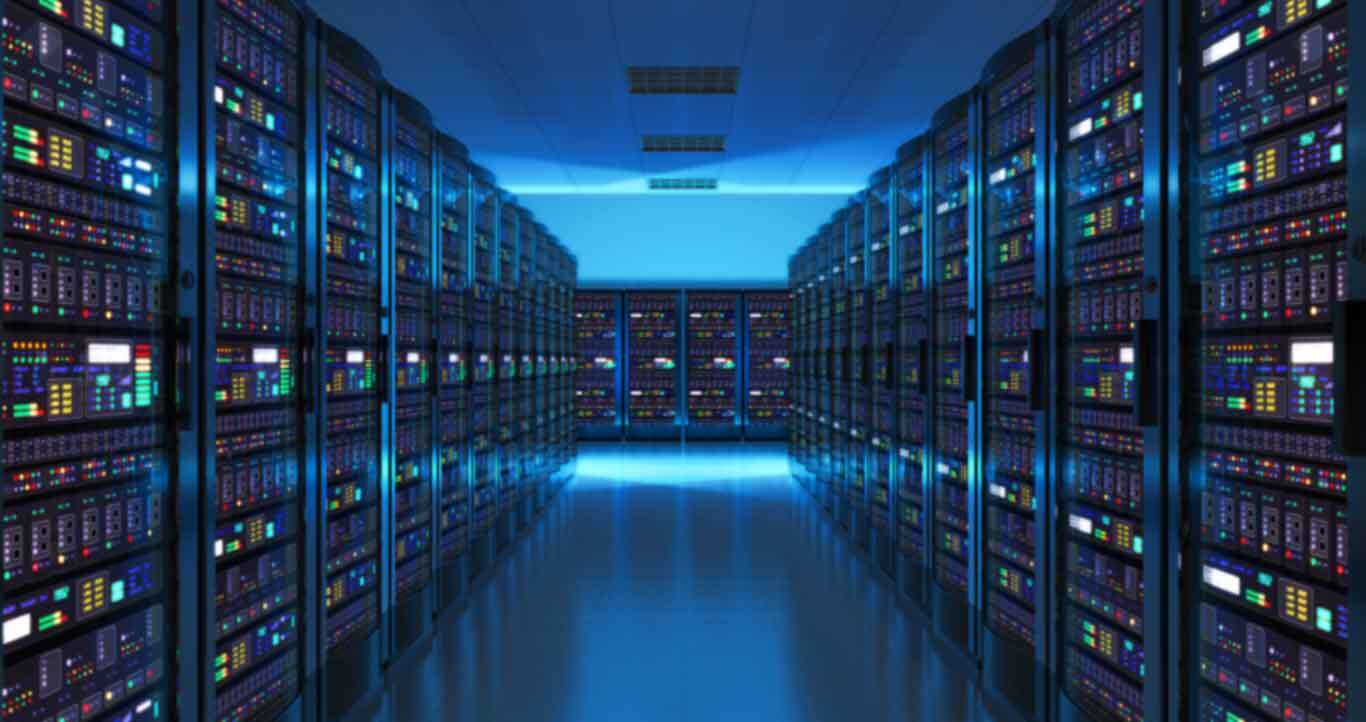In five to seven years' time, five enormous halls must be built on the outskirts of the municipality, packed with computer servers from an, as of yet unnamed, American tech giant. The municipality promises that the complex will generate 410 jobs, which will largely benefit the local population.
The municipality did not want to disclose who owns the enormous data complex on Wednesday when the plans were presented. Although the municipality acknowledges that 410 jobs are limited for an area of 166 hectares, Zeewolde is nevertheless pleased with the arrival of the unknown tech company. "Data centers like these help create the jobs of the future in a growing industry," said De Jonge.
And the data center industry is growing: data centers are sprouting up in the Netherlands, there are now 189 scattered throughout the country. It makes the Netherlands a European 'mainport' for so-called cloud computing and it takes up space. relatively limited with comparable main ports such as Schiphol and the port of Rotterdam. However there are not so many complexes of the size Zeewolde: Microsoft has one in Middenmeer, plus another one under construction, and Google has such a giant center in Eemshaven.
The arrival of these 'computer farms' not only leads to employment, but also to grumbling among the local population, who, in addition to the arrival of data centers, also see windmills rising in the area, whose green electricity would disappear directly into the computer parks. In the Netherlands, more than 2 percent of all electricity goes to data centers, which indeed largely run on green electricity. The complex in Zeewolde will also become a major consumer with an estimated capacity of 200 megawatts; enough to power 200,000 households simultaneously.
Adapting the Power Grid
There is already a shortage on the power grid in the region, but grid operator Tennet does not see the newcomer as a problem, because due to the expected development time of five to seven years there is sufficient time for connection to the high-voltage grid and the construction of a switching station, said a spokesman.
Heat re-use
The municipality of Zeewolde has big plans to make the computer complex "one of the most efficient in the world". A steering group including neighboring Harderwijk is investigating the possibilities of using residual heat - cooling water of about thirty degrees Celsius - for heating homes, for example. In concrete terms, nothing has yet been agreed upon for such an intermunicipal heat network with the international tech giant, but according to Alderman for Spatial Planning Wim van der Es, that is not yet necessary: "The residual heat project does not have to be ready tomorrow."














